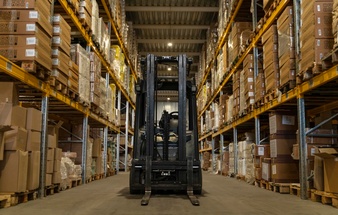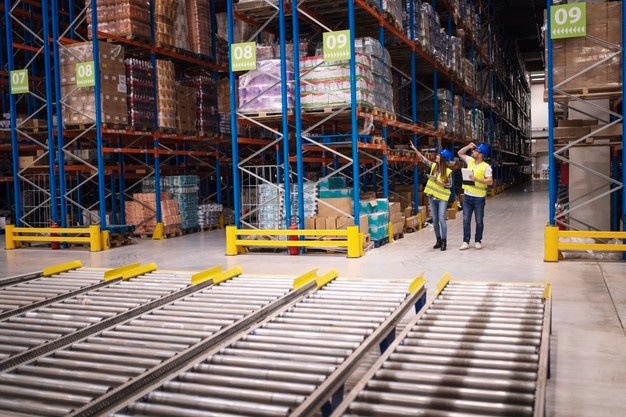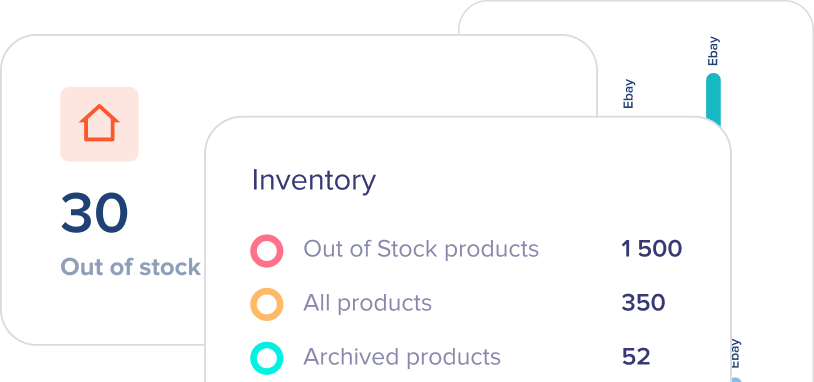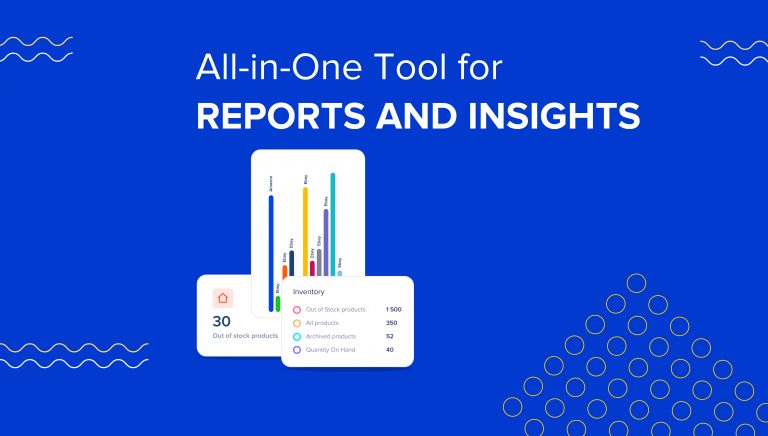Running an international business might be a hassle without an in-depth knowledge of all the company’s procedures. That’s especially true for companies operating in the export/import of goods. Here, the products travel a few countries before reaching their final destination. So, company management should be aware of the laws and regulations of each country their product goes to.

Though we can’t provide you with a universal guide on each country’s internal rules, we can help you with a detailed explanation of bonded warehouses. It’s one of the key locations where imported or exported products usually appear. So, whether engage in international sales or are planning to get into it, read on. You’ll find some helpful information below.
What is a bonded warehouse?
A bonded warehouse, also known as a customs warehouse, is a dedicated location to store goods and services that are imported to a new market in a foreign country. Usually, bonded warehouses operate under the regulatory supervision of a specific country’s customs agency. So, the customs warehouse serves as a location for the accepting country to implement control over the product flows. For the exporting organization, that’s an opportunity to locate products in a safe and secure place, closer to the final distribution centers or selling points.

The main advantage of a bonded warehouse is deferment of customs duties, such as import duty and VAT. While the imported goods (also bonded goods) are in the area of the customs warehouse, all those taxes are not payable. A company must pay them once the goods move from the warehouse to their final destination. Therefore, we can define a bonded warehouse as a duty-free zone for exported products.
Usually, the bonded warehouse belongs to the government. However, it might also be a private warehouse. Anyway, the processes and payments are regulated by the government of the country. So, it’s essential to check the specific country requirements before sending your products.
Wet and dry customs warehouse
There are two main types of a bonded warehouse; wet and dry. Wet warehouses are the only ones that store products like alcohol and tobacco. Generally, suppliers of food, tobacco, wine, and other spirits are among the companies that use bonded warehouses more often.
What advantages does bonded warehousing have for your business?
Above all, the bonded warehouse has the same benefit as any other warehouse; safe storage of the products, making producers secure in a foreign area. More than that, it also benefits businesses in several different ways.
Adaptation of bonded goods for a local market
Each state has specific requirements that products should correspond to before entering the market. Those requirements include labeling, marking, packaging, etc. All those activities can often happen onsite in the bonded warehouse. On top of that, mandatory country inspections can also happen here.
Improved cash flow
The postponed payments of duties free some cash flow for the exporting company. It does not have to pay taxes in advance for the products that are not yet sold and did not generate new cash. Instead, by storing goods in the bonded warehouse, companies can stay financially secure, and if customers do not order their products in a foreign country, there will be no money wasted on them.
Better organized logistics
Like dark stores, bonded warehouses aim to bring the goods closer to buyers. That’s why most customs warehouses are located near the ports. Further, this convenient location saves time and money for the organization when delivering goods. On top of that, this also reduces lead times and generally accelerates all the processes across the supply chain.
Quality storage and maintenance
Most warehouses have the necessary facilities to preserve products without damaging them. For example, they can have large freezers, dry containers, and other types of temperature controlling equipment. This makes producers more secure, especially if the goods are sensitive to maintenance conditions.

Are there any drawbacks to boded warehousing?
The benefits of bonded warehouses significantly outweigh the inconvenience that they might cause. However, there are some disadvantages that exporting companies report having in other countries.
The key inconvenience is having little control over how things are going in a foreign country. That should not be the case with developed countries. However, sometimes the regulations might be stricter than you think, making you unable to control your stock abroad.
Besides, though customs warehouses help businesses save on import duties, they still charge some money for storing the goods. If the products stay for too long in another country, those charges might gradually increase.
To wrap up
Bonded warehouses are where your goods should pass if you’re engaged in exporting or importing activities. They are convenient locations providing you with the first-necessity maintenance conditions. On top of that, some bonded warehouses even organize some local beurorcary for companies.
Many companies become free of hassle by using bonded warehouses, ensuring the products are security of stock.
On the other hand, organizing the location of the goods in the bonded warehouse cause some additional work. Most businesses have to deal with many administrative, legal work to get all the necessary local licenses.
To sum up, using a bonded warehouse is an essential tool to make your business more secure abroad. However, each country’s internal procedures should be carefully checked before exporting goods somewhere to avoid unfavorable circumstances.







